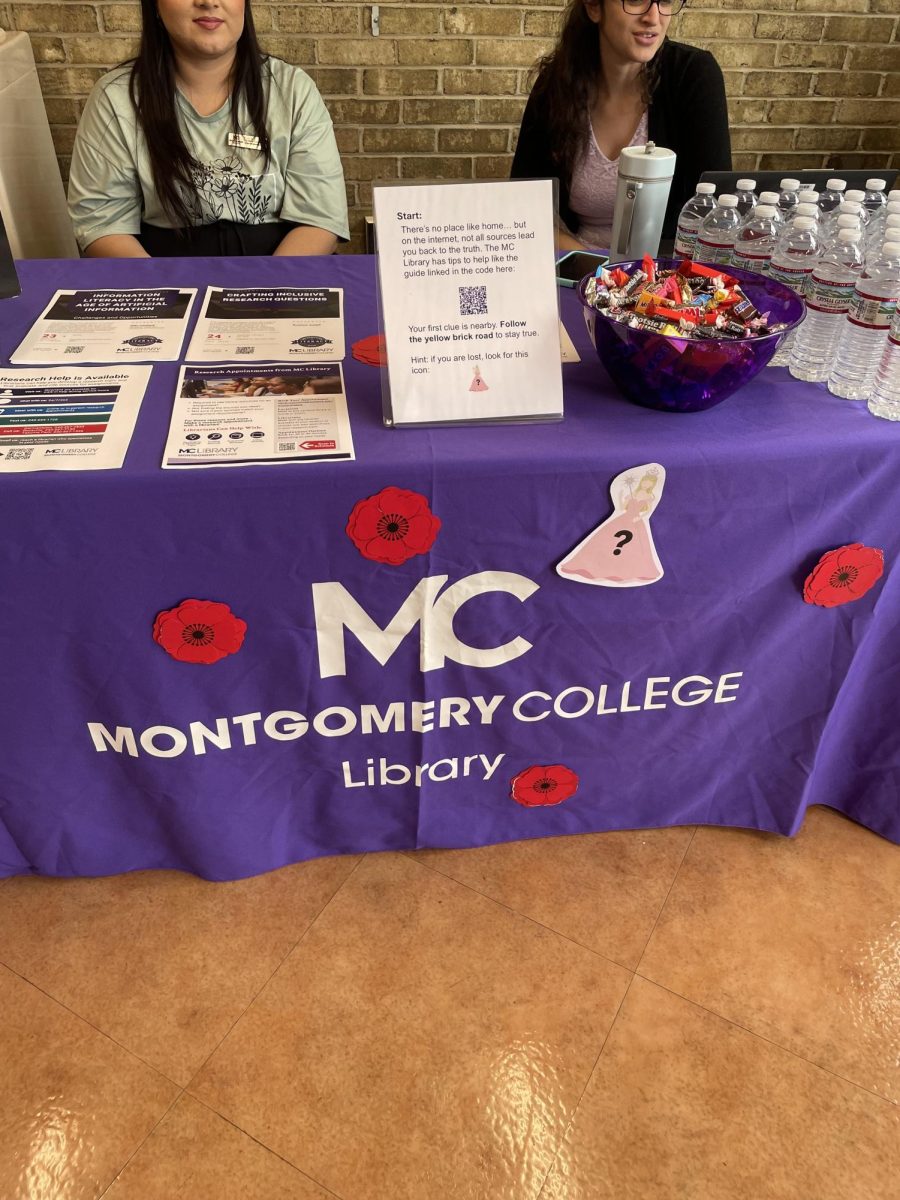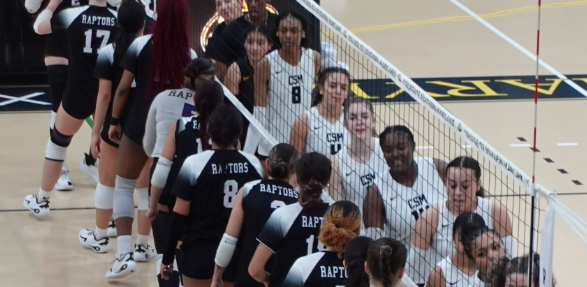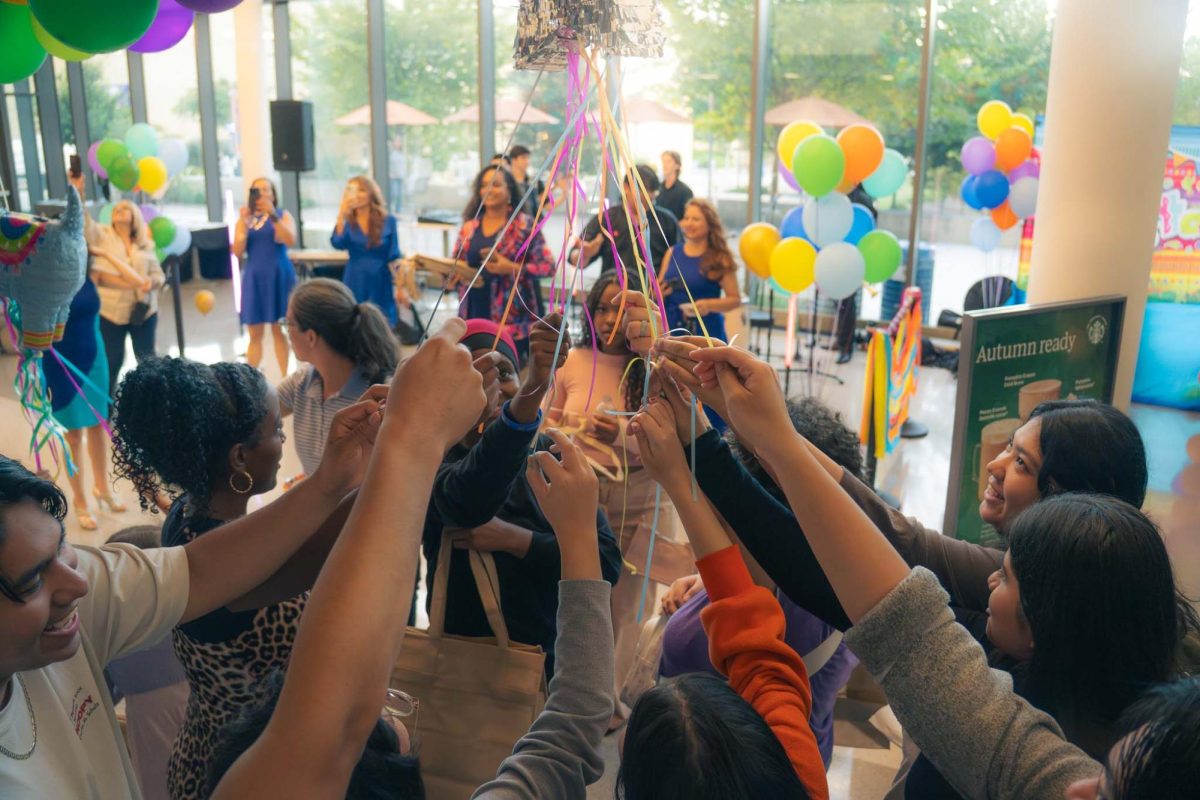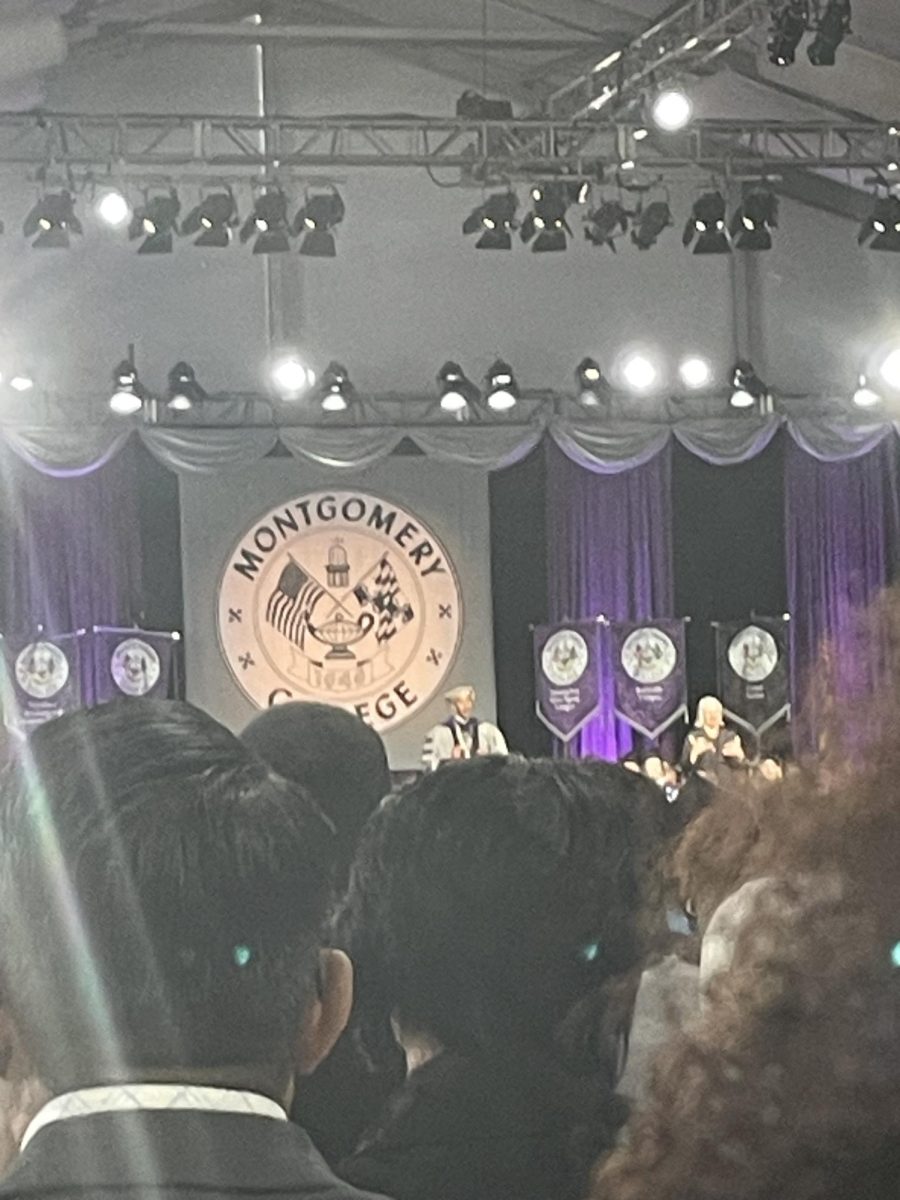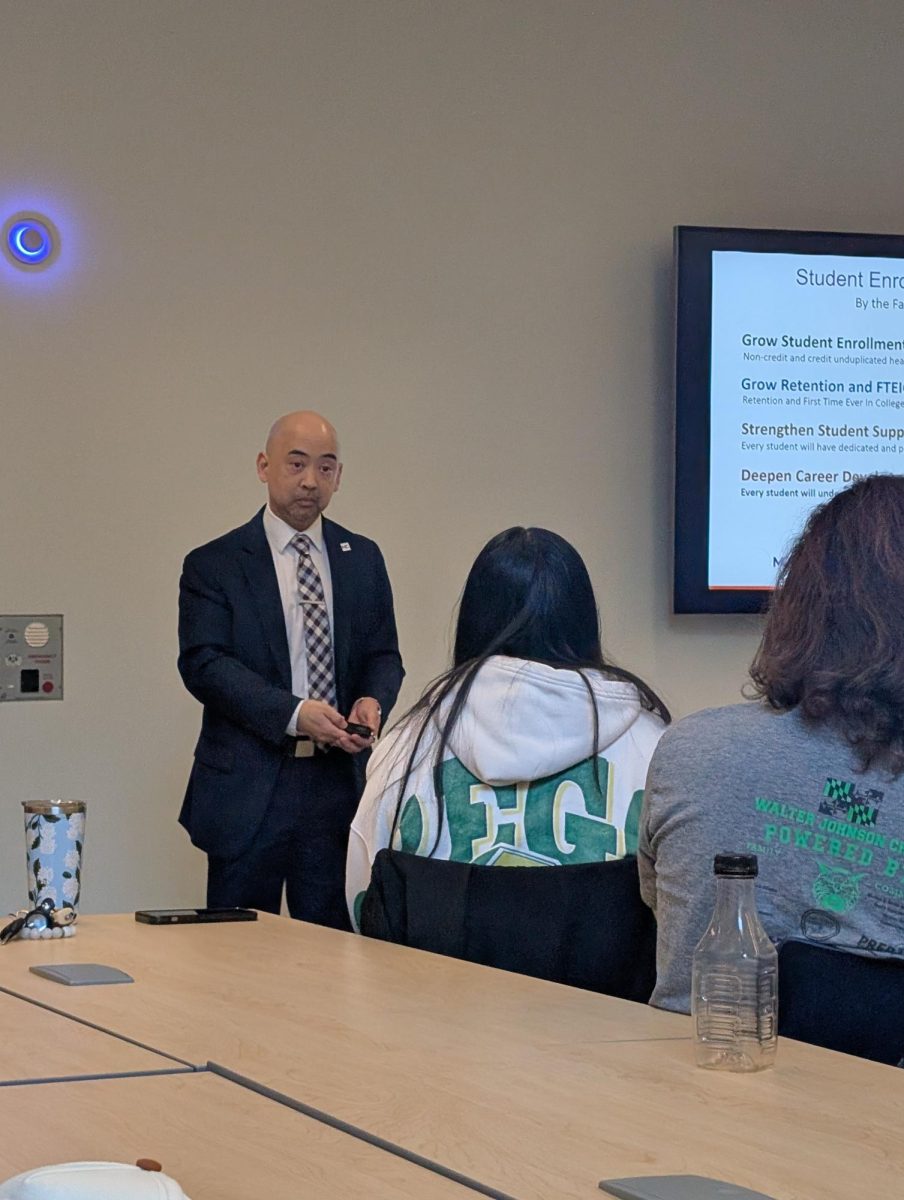In “Bearing Children: A Memoir of Choices,” Andrea Abrams, an English professor at Montgomery College, candidly shares her personal stories, exhibiting the challenges of what she refers to as “desired” and “undesired” motherhood. Throughout her stories, Abrams’ goal is to emphasize the importance of accessible birth control and abortions to avoid “undesired motherhood.”
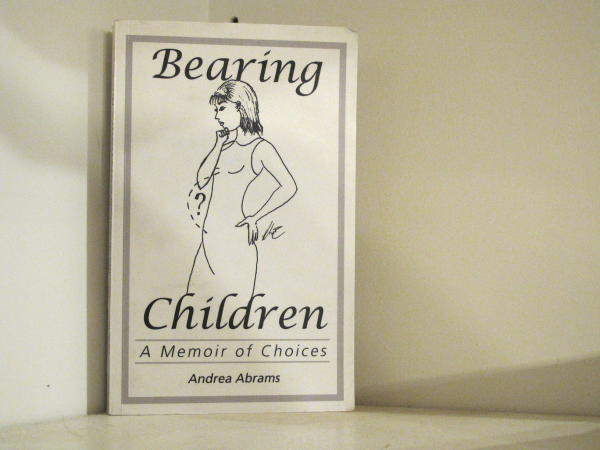
Drawing from her experiences as a counselor in a pregnancy-options and abortion clinic, as well as a social worker with Child Protective Services dealing with abused and neglected children, Abrams provides insights into the problems children faced in homes where they were not desired. For example, children were often neglected by their young, single mothers and had to take on the responsibilities of caring for siblings at a young age.
Abrams then delves into her experiences going through extensive fertility treatments leading up to having her son in her forties and then adopting her daughter from Russia. She also discusses supporting her son with special needs, and navigating her daughter’s identity in her family as an adopted child. As she shares stories of her children growing up, the challenges of desired parenthood are highlighted.
This memoir features a very descriptive and intimate writing style, which created a conversational tone throughout. She gets very personal about stories most people would have trouble talking about. In a time where political topics such as birth control and abortion tend to lack personal involvement from people on both sides of the argument, Abrams stands out because of her genuine experiences in dealing with these issues.
While I appreciated the value of her life experiences, which is the essence of a memoir, I believe it would have been more beneficial if she had gradually integrated her political opinions throughout her stories, as opposed to relaying all of them at the end of the book. At times, I had forgotten that the purpose of the stories was to support her personal convictions.
There were moments where the reference to abortion felt off-putting. For instance, when Abrams wrote about getting a sonogram at 12 weeks, and how everything was normal, she then interjected that if she had needed an abortion now, “it would have been wrenching, no matter what the circumstances, to get it done.” Then, she went into circumstances like an uncertain relationship, in poverty, or facing a rocky future, indicating she would have gotten an abortion at that time. The abrupt shift of tone from a positive sonogram result to the circumstances where she would have gotten an abortion felt unsettling.
Something I liked was that Abrams intertwined funny comments throughout the book, especially during the chapters about her pregnancy and raising her children. One of my favorite examples of this was when Abrams was at a birthday party and a man commented on how pregnant women have a “glow” to her and her pregnant friend. In parentheses, Abrams added how “the poor guy was trying to be complimentary…or at least tactful,” but it was better than him saying that they, “looked like a couple of whales.” They still proceeded to laugh at his comment anyway. Her dry humor was much-needed comic relief in a book regarding such heavy topics.
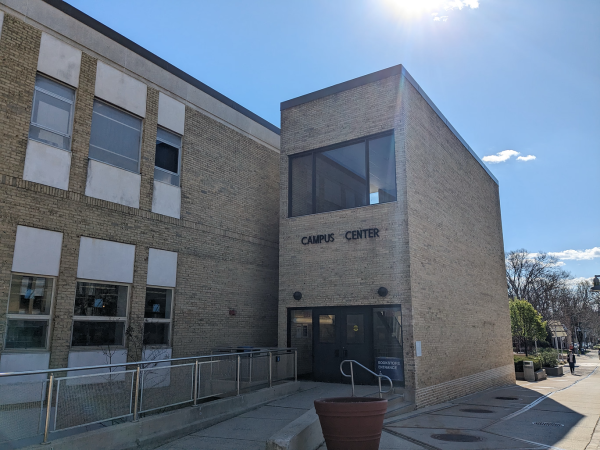
In conclusion, Abrams crafted a personal and engaging memoir with a mix of humor and rich insights. While my views may not completely align with hers, her eye-opening stories shed light on why some people should never be parents, and it made me reflect on how we need to develop ways to better support children in precarious home environments as she has demonstrated in her memoir.





